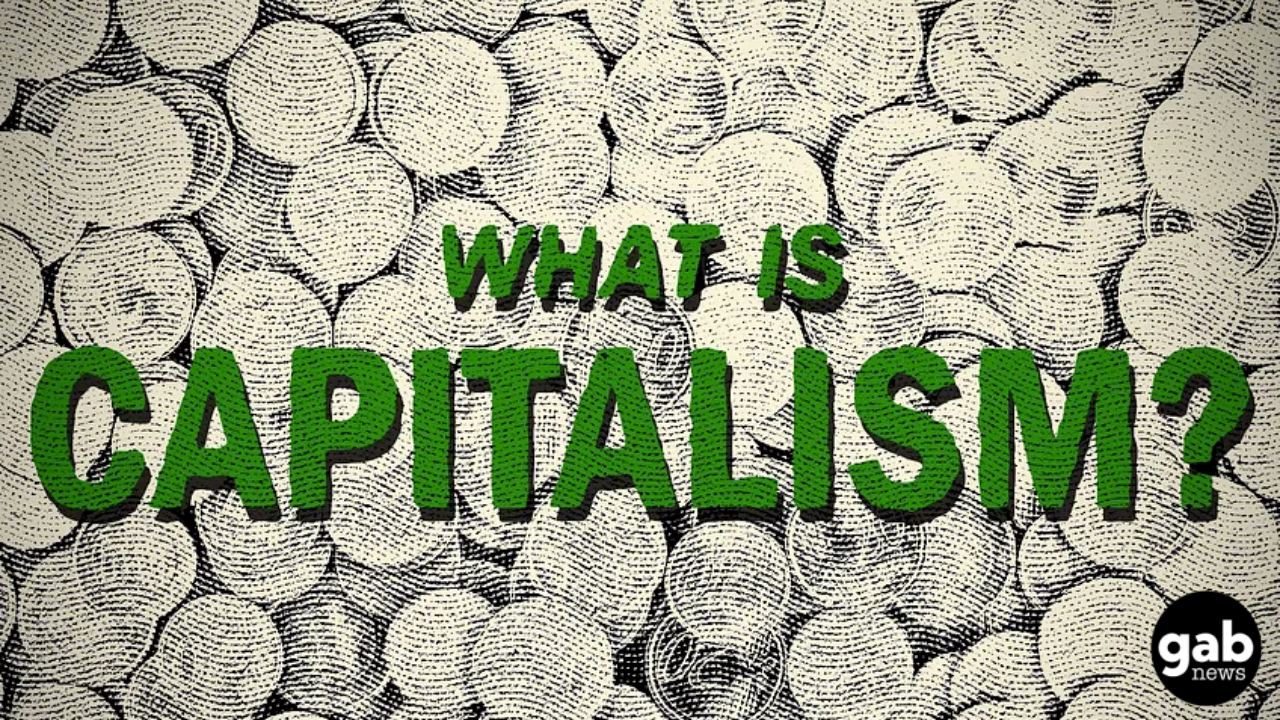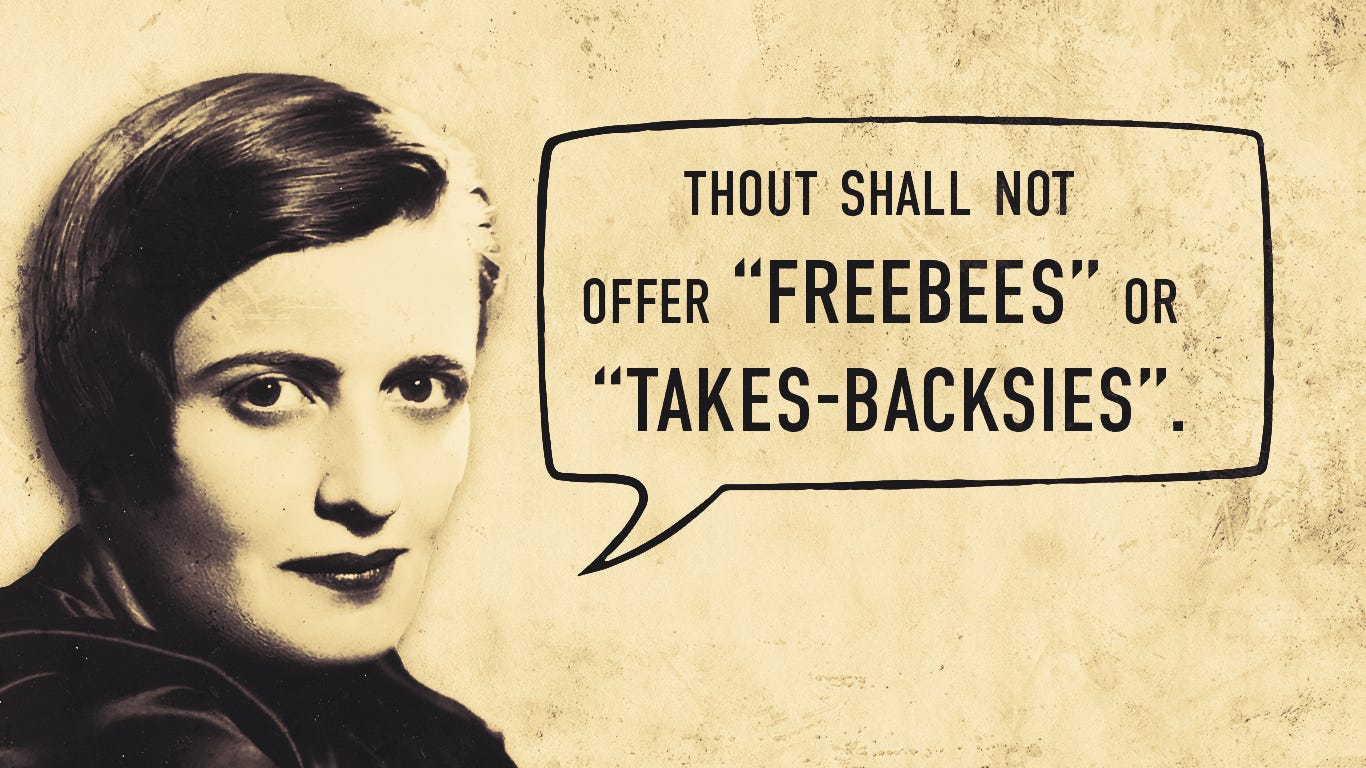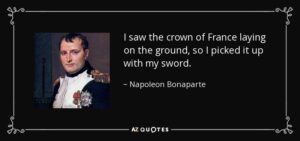The Binding New World Ligament
by John Heers, First Things Foundation
Most people in the world accept the idea that capitalism is an economic system. For most people capitalism is a thing you use, a system in which you participate so as to gain benefits associated with money. Most people think of capitalism as a slip ‘n slide, something with which you engage in order to enjoy society while also cooling off. For Americans, capitalism is something we use. It’s not something we’ve become. But I think this is wrong. Capitalism, history tells us, is a narrative about human existence, and most of us in the West aren’t telling the story, we are, in fact, living it. We are the products of capitalism.
The first clue that this may be true is the word itself. Capitalism.
Look at the ending. The “ism” suffix tells us a great deal. “Ism” words connote belief.

Some other isms that come right to mind: Buddhism, Hinduism, Communism and Genderism. “Ism” words imply belief in a world view, and world views can be understood as ideas that bind. Often in this Substack, we talk about the root of the word “religion.” Lig. That root is the same root we find in the word “ligament.” Religion is what everyone does, the question is simply, “To which binding lig do you pledge your allegiance?”
Capitalism is one such binding lig.
We creatures, identifying as moderns, have chosen to put capitalism in our pantheon of most beloved isms. Americans especially, have fallen in love with the god of capital. Listen to this, from 1776:
It is not from the benevolence of the butcher, the brewer, or the baker that we expect our dinner, but from their regard to their own interest.
This is Adam Smith and his oft-quoted excerpt regarding the marketplace and self interest. Smith was a tweed-wearing enlightened philosopher trying to make sense of a burgeoning New World. He was plump and thoughtful, hardly a French Jacobin or some rabid Bolshevik dedicated to shedding the blood of the bourgeois. But as mild mannered as he was, it seems fair to say that his ideas caused as much upheaval in human life as any of those other murderous Light People just named. In fact, if you see history from the Old East, you see that Adam Smith and his good buddy David Hume are unleashing a host of ideas that make possible a new kind of human, a super-person wielding the power of the man-mind, a rational power that has worked wonderfully to build our current Kingdom of Stuff.
It is not from a kind neighbor that we expect our dinner, but rather from our selfish neighbor’s desire to fill his own belly. Barbecue pork never tasted so good!
Yes. Smith and his cohorts begin to refashion reasons for being. They take what is true (selfishness), and begin to teach it as what should be true. They take what is base, and reimagine it as the good. For Light People today, Smith’s conclusions about human nature seem rather obvious.
The Old World, dripping in loyalty and fealty and what we moderns call nepotism, gives way to the world of freedom. Freedom for the individual was why Smith wrote about capitalism.
Adam Smith and the classical liberals of his day set out to free individuals so they might create value by themselves and for themselves. Smith, a lover of ideas, a philosopher in search of the good, hated the dominant system of his time. British Mercantilism was a system created to control merchants who would enrich the British Crown. It was a system built on nepotistic business deals. All wealth ran through The Crown. All transactions were monitored by the government.
Adam Smith hated Mercantilism because he loved the individual. Smith challenged the government of his day because he believed in the individual. This is why the other lig you need to be very aware of in order to understand capitalism is the belief in the individual. Individualism is the principle behind Adam Smith’s capitalism. And in that sense capitalism is a whirling engine powering a lig meant to embolden, enrich, enlighten and engorge the individual. Smith’s goal in writing Wealth of Nations, his tome to capitalism, was to point out that a nation is wealthy when it worships the individual.
And that sounds good to our modern ears. It feels nice to be loved. But there are real implications for this new economic vision. There are serious ramifications for a people intent on worshiping themselves.
First, capitalism demands a new god. The very old God, that of the Orthodox East, was a non-starter for classical liberals like Smith. Orthodox Greek people, very aware of their democratic heritage under Athens, those Christians, led by Constantine the Great, rejected democracy and instead chose a socialized monarchy. They kept that system for one thousand years. Again and again in the ancient world, the first Christian nations all chose a redistributive economic model that put wealth into the hands of a few, who then recommit that wealth to the common people. These Orthodox societies weren’t good at individualism. We see this too, in the Roman Catholic world. That world was just too cumbersome and papal to allow for Light People individualism. The Protestant world was much more amenable to rights and individual freedom, but the God of a Bible-based Jesus could never really democratize the marketplace properly – such a faith failed to fully invite men and women to pursue their every delight. A new lig was needed.
Put simply, Christians of the Old World did not feel compelled to practice a social system or an economic system that lifted up the individual. Christians respect the individual but create systems (or at least try to) that honor The Creator. Adam Smith and his pals worship individualism and create systems that idolize the human mind.
Capitalism is a materialistic religious system that believes capital can set you free. Smith and Hume and all the other deistic, materialist philosophers of the Enlightenment weren’t out there writing about money, they were out there writing about the nature of life, the nature of man, and the nature of happiness. Capitalism is their answer to Christianism, and Buddhism, and Hinduism, and all the “isms.” It is a comprehensive religion, not some half-baked attempt to get people to trade freely.
Check out what Ayn Rand says for some clarity. Rand was perhaps the most famous 20th Century proponent of capitalism, a person who adored Milton Freidman, another capitalist icon, and a woman who dedicated her life to the free market. Listen to what she says in her book, Introduction to Objectivist Epistemology:
Give me liberty or give me death. The ideal social system must be considered if mankind is to live free, and the ideal system is laissez-faire capitalism. Economically, this is… A complete separation of state and economics, in the same way and for the same reasons as the separation of state and church. An individual who eagerly faces reality, who embraces his own rational mind as an absolute, and who makes his own life his highest moral purpose will demand his freedom. He will demand the freedom to earn property and associate and trade, and to pursue his own happiness.
That’s pretty clear. To be free is to be a free market capitalist. It is easy to see these same notions with a quick look at our founding American fathers. Tom Jefferson said the same thing when he wrote the first draft of the United States Constitution:
We hold these truths to be self-evident, that all men are created equal, that they are endowed by their Creator with certain unalienable Rights, that among these are Life, Liberty and the pursuit of Property.
Property. Wealth. Stuff. That was Jefferson’s first choice when it came to understanding true happiness. Can you see what is going on here? The New World, our world, is founded upon the notion that human happiness proceeds from the right to make money as an autonomous individual. That notion is religious in nature, it is a binding idea, a “lig.” And this religious idea is built on a Light Person principle called individualism. In this world, the individual is the highest of all categories of reality. Higher than nation, higher than king, higher than family and higher even than the creator.
Too heavy? I don’t think so, and here’s why. When Light People do weird things like lower the price on your new refrigerator because you just don’t have the money, or give you a home loan at zero percent interest because you seem nice, or rent you their third home for free, or deliver your Christmas presents at no charge, just because you are their friend: When Light People do these kinds of weird things, they operate according to a cosmology that demands love of neighbor and, oddly, a willingness to take “the loss.” These old ideas, however, gum up capitalism and make for very volatile markets and very “backward” societies. These kinds of activities create inefficiencies in the individualist’s cosmos. Ayn Rand would be disappointed, indeed.
Individualism is the foundation of capitalism. The more capitalist you are, the more you believe in individualism, and in fact, the more of a New World person you become, for better or worse. And if you are wondering if Christians must bend toward communism or maybe the commune, well, I’d say that’s not exactly true. Perhaps that is the next heavy thing we attempt to do lightly.
This article originally published on Substack on November 29th, 2023.








